You’ve landed a job interview- great! When I work with clients I want them to find a great job with a great salary and benefits. It’s not enough to get a job offer- you want to get the right job offer. You want the job that you’ll love and pays you well!
Asking questions in your interview is as important as answering them. The questions you ask a potential employer reflect your professionalism, preparedness, motivation, expectations and thoughtfulness.
When I’ve interviewed candidates to fill an opening, I absolutely want the candidate to show they are bright, prepared, and are a good fit for the job. With so many job seekers vying for the same positions, it’s more important than ever that candidates send the right message to employers when interviewing. And the right message is, “I have the skills and ability to do this job, and the attitude to get the job done.”
When preparing for the interview, consider the company and the specifics of the position, and write down my questions to bring with you to the interview. I recommend preparing a list of 6-8 questions that you will ask them. Having this list prepares shows you’re prepared and professional, and it helps you get the right job offer so you aren’t looking for work again in the next 6-12 months.
When you think about what questions to ask, think about what is important to you. Is it the company environment, the daily activities of the job, opportunity for advancement? Ask questions that relate to your career goals and needs.
Here is a list of questions I recommend for my clients to ask in an interview. Out of these 15 questions, choose 6-8 questions that hit on what’s important to you, and be prepared to ask 4-6 of these questions in the interview.
Company Culture Questions
What are the company’s goals for the next 5 years?
What makes “Company Name” a great company to work for?
What do you like best about working for “Company Name”?
How would you describe your management style/ the management style at “Company Name”?
Position Specific Questions
Why is this position open?
What skills and qualifications will the right candidate possess?
What goals do you have for the candidate you hire in this role?
What challenges do you see for the person you hire?
Describe a typical day for a “Job Title” at “Company Name”.
My salary range is “Salary Amount” to “Salary Amount”. Is this in line with the salary range for the position?
Hiring Questions
What is your most important consideration in hiring for this position?
What could happen in the interview that would cause you to disqualify a candidate from consideration?
How many interviews are scheduled to fill this opening?
When will you be making a decision?
May I have your contact information and follow-up with you?
When asking your questions, consider using this opportunity to bring up any skills and experience you haven’t already mentioned that applies to the position. Use the interviewer’s answers to get a better understanding of what they are looking for, and if you match their desired qualifications, let the interviewer know!
For example, you ask, “what is your most important consideration in hiring for this position?” Your interviewer responds, “we’re looking for someone who has 3-5 years analyst experience, and the attitude needed to get the job done.” You can counter his/her answer with an appropriate response such as, “Great! I have the 3-5 years analyst experience you’re looking for, and I am dedicated and motivated!”
I always recommend my clients ask the questions, “when will you be making your decision,” and, “will I be contacted either way?” Asking these questions gives you the timeline and next steps in the hiring process.
Coming to the interview prepared with questions to ask your interviewer shows preparedness and professionalism. It is also an important step in discovering if the job is right for you. Life’s too short to end up unfulfilled and underpaid!
